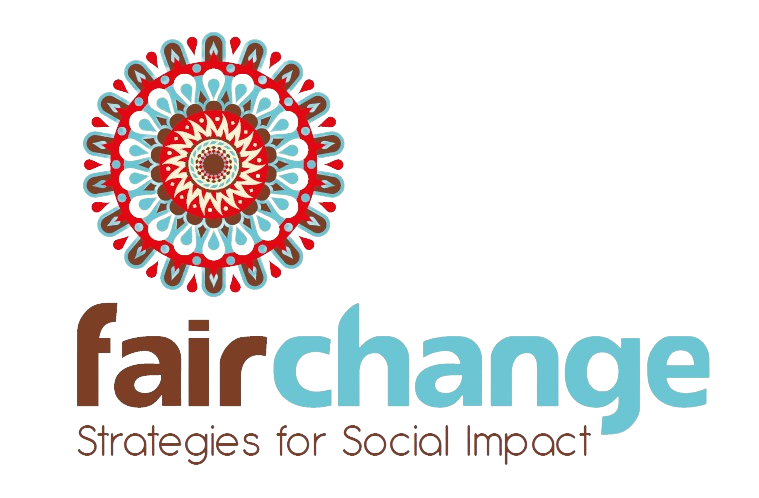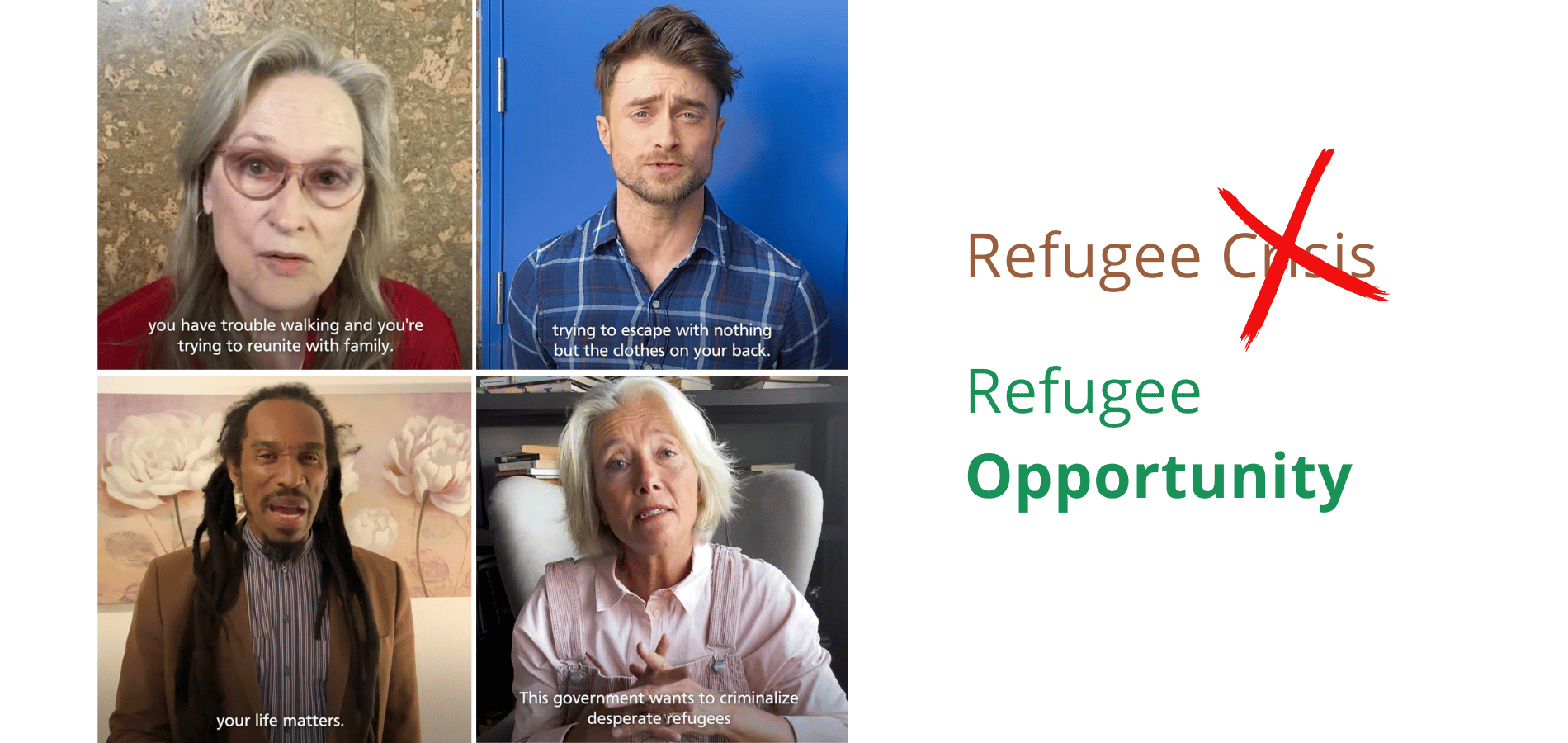Recently, the Dutch government collapsed over plans to further restrict refugees’ rights to safety. Men, women, and even children fleeing the horrors of war find it increasingly difficult to seek asylum in Europe. Rows over refugees in EU countries show how far we have moved away from the international human rights commitments we once embraced. It is time for new moral leadership.
(Links to sources below this article )
On July 6th, the Dutch government headed by Mark Rutte fell in a row over refugee rights. The stumbling block was the prime minister’s new plan (defended by several coalition partners) to restrain the right of women and children from war-torn countries to be united with their husbands and fathers who have found refuge in our country.
We need values-based decision making
Watching the news about this refugee policy row, I wonder: when did we lose the capacity for empathy and solidarity?
Where did moral leadership go?
I found the moving ‘Refugees Not Criminals’ video the UK Refugee Council shared in 2022. Featuring a star cast of actors, writers and poets, it is a call to values-based leadership. And although it was made in response to cruel policy plans limiting refugees’ rights in the UK, I think it perfectly fits the current context in the Netherlands – and sadly, in many other EU countries as well.
International commitments to protect refugees’ rights
Just a quick reminder.
The 1948 Universal Declaration of Human Rights and the 1951 Refugee Convention were embraced by most of the world’s nations at a time when the tragic impacts of global war on people’s lives were still top of mind. And by adopting the 1959 Declaration of the Rights of the Child, the Netherlands and other countries honored the notion that ‘mankind owes to the Child the best that it has to give’. The Convention on the Rights of the Child that followed in 1989, is the most universally accepted human rights instrument, ratified by every country in the world except two.
With these universal commitments signed and sealed, the international community acknowledged everyone’s right to grow up with their family and to seek protection when their lives are in danger.
Blaming the victims is not the answer
But the moral leadership of those days seems a faint memory now. Today, we have grown used to politicians and opinion leaders spreading inflammatory talk about the supposed profound societal dangers caused by refugees and asylum seekers. Heads of government hurry to demonstrate action by adding in even harsher measures to already tough refugee policies.
Does managing asylum applications pose problems? Yes. Are these problems easy to solve? No. ⚠️ But blaming the victims is not the answer. Tossing in inflated statistics and fake ‘facts’ to substantiate anti-refugee discourse isn’t the answer, either. It distracts from our failure to come up with bold solutions to global challenges that we as rich receiving countries are fully part of.
As a result, vulnerable people are stigmatized, criminalized, and excluded from the universal right to safety.
From a refugee ‘crisis’ to a refugee Opportunity
Let’s turn these divisive narratives around and start framing the refugee ‘crisis’ as a refugee Opportunity.
According to the European Commission, many non-EU citizens are ‘essential workers’, qualified for labor in agriculture, administration, food, and construction, among other sectors. Meanwhile, employers all over Europe struggle to fill job vacancies.
Organizations such as Refugee Talent Hub, an employer initiative, the Dutch Council for Refugees (Vluchtelingenwerk Nederland) and others engaging with refugee well-being know that people fleeing war are most willing to work hard for a living. They are eager to fully participate in society and invest in a stable future for their families.
We’d better acknowledge this reality. Instead of slamming the door shut, moral leadership means we stand up for fellow humans and invite engaged citizens in to build better communities together.
Watch the #NotACriminal video here
Curious to learn how your business can take action to support refugees? Find useful resources in the FairChange article What businesses can do for refugee workers
Resources
Our international human rights, children’s rights, and refugee rights commitments:
United Nations: Universal Declaration of Human Rights
UNHCR, The UN Refugee Agency: The 1951 Refugee Convention
Humanium: UN Declaration of the Rights of the Child, 1959
UNICEF: UN Convention on the Rights of the Child (1989) NOTE: As of today, the Convention on the Rights of the Child (1989) has been signed by 190 states of 192. Only the US and Somalia have signed but not ratified.
Humanium: Historical overview of the Children’s rights evolution.
How the Dutch government fell over refugee rights:
The New York Times: Dutch Government Collapses Over Plan to Further Limit Immigration
BBC: Mark Rutte: Dutch coalition government collapses in migration row
Research-based facts and figures about refugees:
Vluchtelingenwerk Nederland: Cijfers over vluchtelingen: Nederland, Europa & wereldwijd // Facts about refugees: Netherlands, Europe & around the world
European Commission: Overall figures of immigrants in European society
Norwegian Refugee Council (NRC): A few countries take responsibility for most of the world’s refugees
Organizations engaging with refugees and the job market:
Vluchtelingenwerk Nederland / Dutch Refugee Council
Sociaal Economisch Raad / Social Economic Council (SER)
Refugees Not Criminals youtube video:
UK Refugee Council: Refugees Not Criminals
Did you like this blog post? Subscribe to Purpose & Impact Now and you’ll be the first to receive new articles, tools and tips to do business with a higher purpose and grow your positive impact. Yes! Put me on the mailing list.

